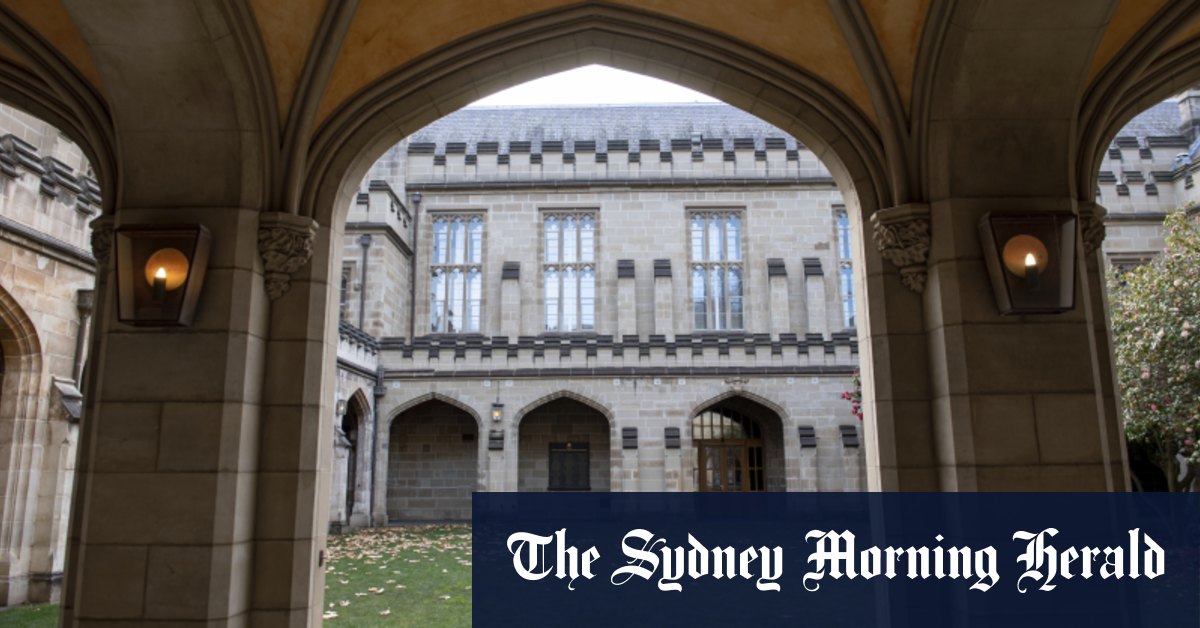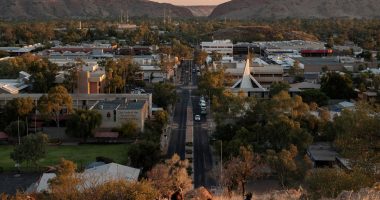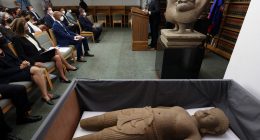
The plan to be put to state ministers on Friday is expected to propose a council of experts to oversee university governance – considering executive remuneration, board diversity and workplace relations compliance.
Universities are public institutions, yet in their upper echelons most decision-making is shrouded in secrecy, experts such as Australian Institute economist Jim Stanford say. Council minutes are no longer published, and student groups complain they are constantly fighting for a proper voice in their deliberations.
‘We’re seeing the very worst traits of big business infecting our public universities.’
Allison Barnes, National Tertiary Education Union president
Secrecy can also shroud private funding deals at universities, including with weapons manufacturers and fossil fuel companies. And most universities are still not reporting data on their responses to sexual violence as promised.
State ministers have already endorsed a new federal intervention to tackle sexual violence on campus, including the creation of a student ombudsman to handle complaints against universities, hailed by advocates as a watershed moment.
But, ahead of a further crackdown on governance, some university heads have cautioned against over-regulation of the sector, warning universities must remain autonomous.
Loading
Clare has previously told this masthead that reform will be about beefing up independent oversight of universities, not government overreach. While universities are “autonomous and self-governing, how they are governed has a real impact on not just them … but the whole country,” he said.
National Tertiary Education Union president Allison Barnes said the “rise of big business appointees on university boards [with] little to no experience in higher education … has coincided with an explosion in insecure work, wage theft and poor governance” on campus.
“We’re seeing the very worst traits of big business infecting our public universities,” she said.
But groups such as the University Chancellors Council and the Australian Higher Education Industrial Association have called concerns about the make-up of university boards baseless.
Universities have to run like businesses, they argue, because of the tougher funding landscape they now operate in, including longstanding government refusals to fully fund research as other countries, such as the US and China, do.
Higher education expert Andrew Norton agrees this incomplete funding model has driven up high rates of casual and insecure work across Australian campuses.
Universities are a strange hybrid, he said, “part public institution, part not-for-profit, and part commercial business, creating interesting governance issues”.
While the union might want universities to move closer to how they ran 40 years ago “similar to not-for-profits”, Norton said, “governments are “more demanding now about what [they] want from universities”.
He said corporate appointees didn’t have to be booted from councils entirely, but agreed there should be more people from the public sector, particularly people with higher education management experience.
Loading
The Australia Institute’s Jim Stanford said Australian university executives were “uniquely overpaid” compared with their international peers, and it was crucial for the struggling sector to rein in spending excesses, including on private, soundproofed ensuites and lavish $127,000 going away parties for vice chancellors, as revealed by this masthead.
There have long been calls to curb chancellory pay packets – a 2021 parliamentary inquiry in NSW found it was a failure of leadership for vice chancellors’ salaries to be at times “25 or 30 times more” than those of university staff, and urged the state auditor-general to review them.
The Group of Eight and Universities Australia have been contacted for comment.
Read More: World News | Entertainment News | Celeb News
SMH










